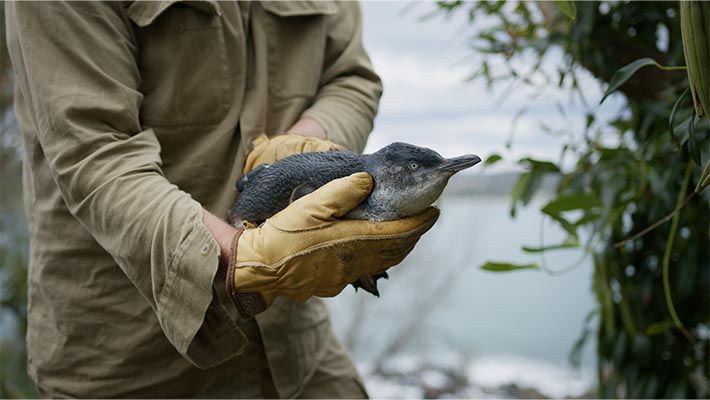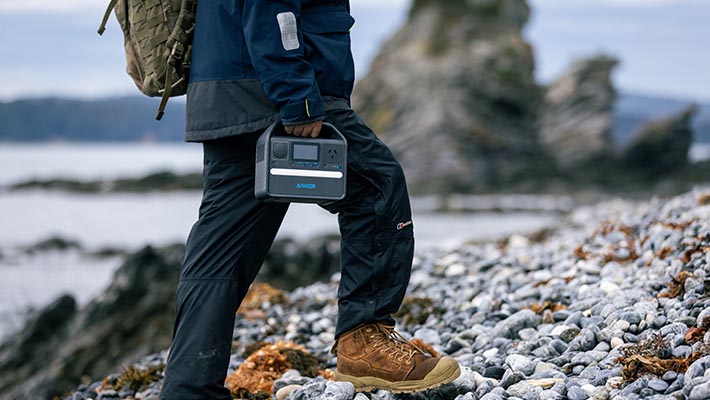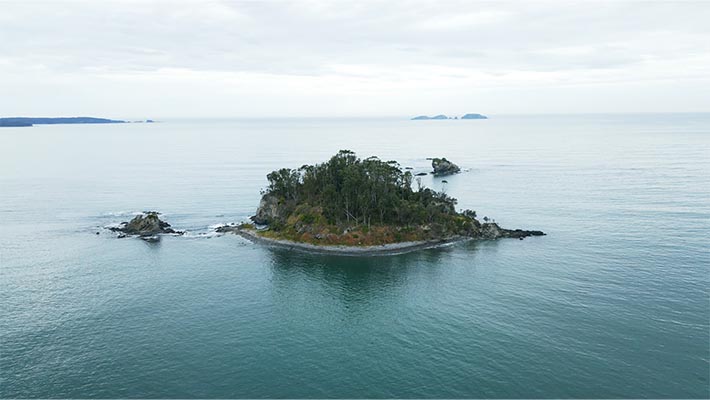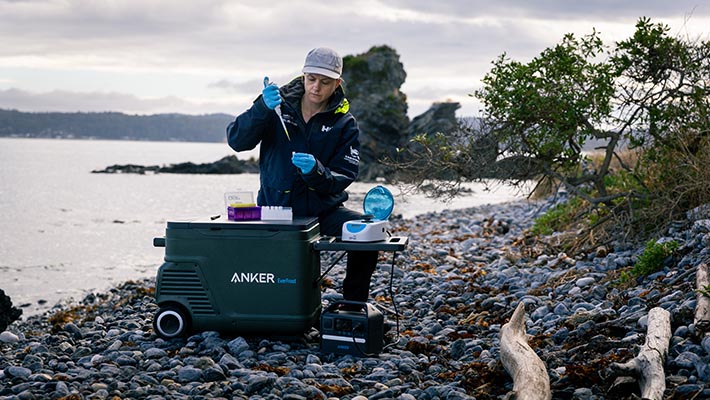Posted on 18th December 2024 by Media Relations
Diving into the world of Little Penguins
Little Penguins, sometimes called Blue or Fairy Penguins, are the smallest of all the world’s penguin species, and the only species to breed on the Australian mainland.
Little Penguins are widespread across Australia’s south, south-east, and west coasts, as well as the coasts of New Zealand. Breeding colonies around Australia primarily occur on offshore islands, where penguins are free from human disturbance and introduced predators.




Taronga's Contribution to Little Penguins
However, the species face challenges such habitat loss, pollution and the impacts of climate change. Taronga Conservation Society Australia is supporting the NSW Government with counting and monitoring wild Little Penguin breeding colonies and their foraging behaviours along the NSW coast to better understand the threats Little Penguins face.
In October, a team of Taronga’s Behavioral Biologists traveled to the NSW south coast to observe and track a Little Penguin colony, investigating foraging and movement patterns during the early chick rearing or guard phase of the breeding season.
The project aims to build scientific knowledge through data collection and monitoring that will help us understand the distribution population of Little Penguins and interactions of key species and communities. Investigating how changes in the biodiversity of habitats may be impacting this vulnerable species and their chicks.
Taronga’s Primary Partner, Anker Innovations, played a supporting role in the research trip by providing equipment to assist the Taronga team in remote locations and by funding replacement trackers for the upcoming breeding season.
Taronga’s Behavioural Biologist, Ben Pitcher, who will be part of the team leading the NSW south coast research trip says, “Taronga has a rich history building scientific knowledge through data collection and monitoring of many wild species, both on land and in our oceans. Our expertise in behavioural biology, conservation science and conservation genetics sees our team deployed to many remote locations, including that of the little penguin. When in-field, our team operates with minimal equipment to remain agile and efficient, while minimising our impact on fragile ecosystems. With advanced equipment support, our team is aided in time efficiency and data reporting efficiencies. With Anker Innovation’s generous funding towards replacement trackers, we can ensure that every expedition to remote wild little penguin populations is the most fruitful in our data collection.”